News
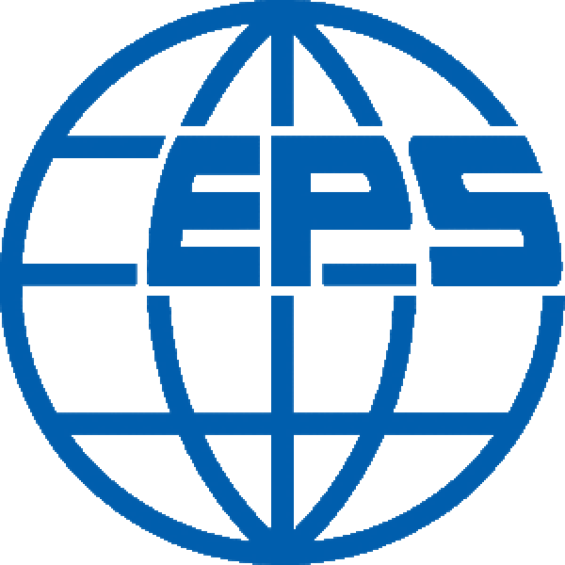
22 Jan. 2025 - 22 Jan. 2026
Prix Alfven et Landau Spitzer
2025 EPS Hannes Alfvén Prize The 2025 EPS Hannes Alfvén Prize is awarded to Michel Koenig (LULI, France) for outstanding and continuous contributions to the experimental study of laser-plasma interactions applied in the domain of laboratory astrophysics...

09 Apr. 2024
Chair proposal : deadline 30 April 2024
The competition for the Chair is now open. You have until 30 April 2024 to submit your application via the link. You can consult all our job offers at the following address
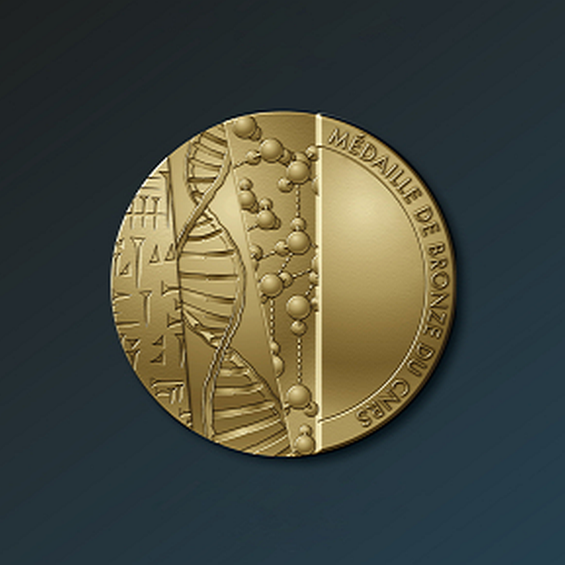
28 Feb. 2024
Bronze medal
The CNRS awarded 48 bronze medals in 2024. This is an important recognition for the men and women who are driving science forward. The bronze medal rewards the first works of researchers who are specialists in their field. This distinction represents an...
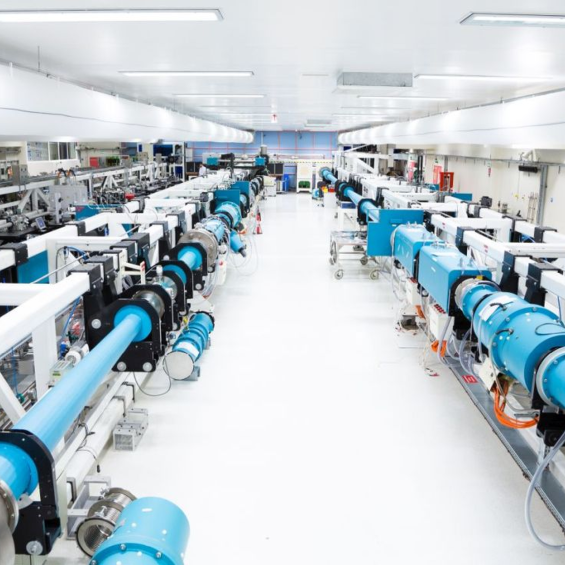
01 Jan. 2026 - 18 Mar. 2026
Call for access to the LULI laser facilities
The call of proposals for the LULI2000 laser facility, for the period January 2027 - December 2027, is opened until March 18, 2026 6 pm GMT. Proposals should be sent to access[@]luli.polytechnique.fr
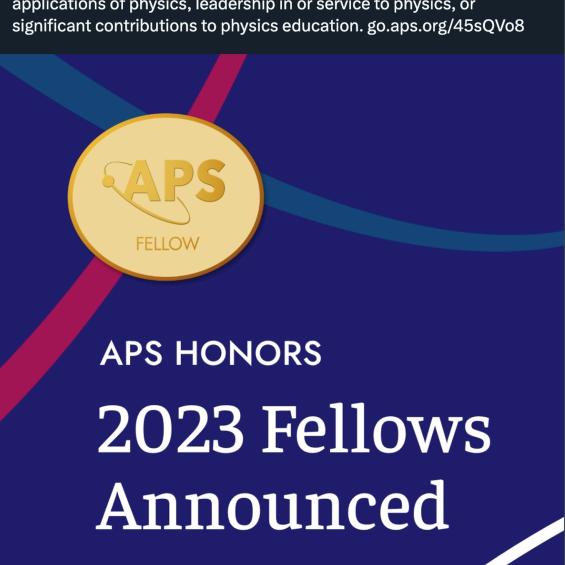
24 Oct. 2023
APS HONORS 2023 Fellows Announced
Sorbonne University Citation: For seminal contributions to laser plasma physics, plasma optics, and collisionless shocks, for training and inspiring students, especially women, and for service to the international plasma physics community. Nominated by...

07 Feb. 2023 - 07 Feb. 2024
Nuclear fusion: 1, 2, 3 Sun
Nuclear fusion is the process that occurs at the heart of stars. Several methods exist to try to reproduce it in the laboratory. What are the challenges of research in this field?
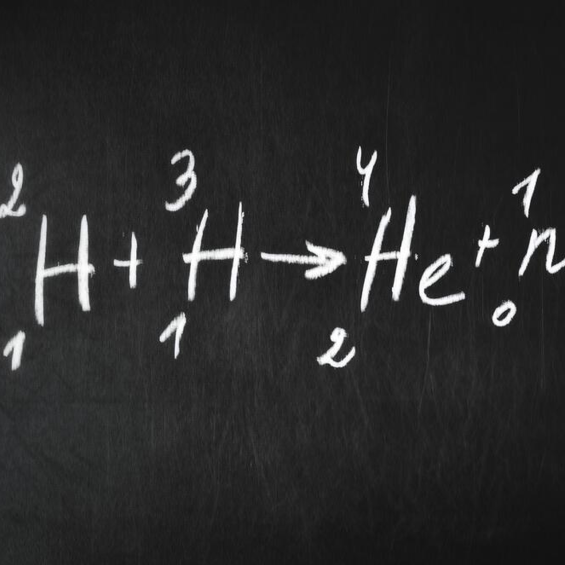
06 Feb. 2023 - 06 Jun. 2023
Nuclear fusion: a historic breakthrough
In December 2022, scientists at the National Ignition Facility (NIF) announced a 'historic breakthrough' in nuclear fusion. They succeeded, for the first time, in releasing more energy from fusion reactions than was needed to cause them. Caterina Riconda...
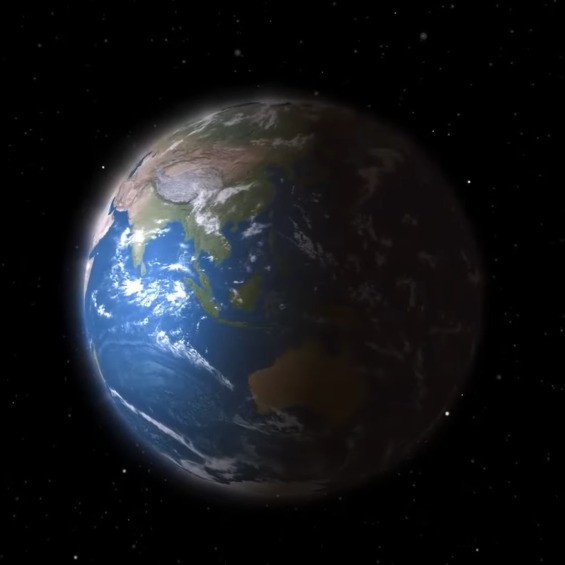
02 Jan. 2023 - 31 Dec. 2023
At the heart of the planets thanks to intense lasers
Understanding the internal structure of planets is key to explaining how they form and evolve. However, the experimental data are insufficient and the theoretical models incomplete. Laboratory astrophysics seeks to reproduce the extreme thermodynamic conditions of matter in the hearts of planets, at pressures of several million bars and temperatures of several thousand degrees. At the Laboratory for the Use of Intense Lasers (École Polytechnique, Palaiseau), researcher Alessandra Ravasio focuses very energetic lasers on the materials studied to subject them to intense shock waves, in order to analyze their properties in similar states. to those encountered in the planetary interiors.
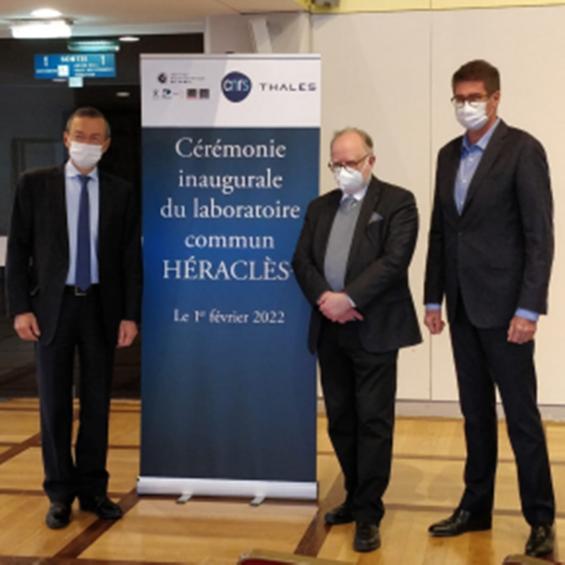
01 Apr. 2022 - 06 Jul. 2022
Creation of the joint laboratory HERACLES3 in the field of intense lasers
The Institut Polytechnique de Paris, the CNRS and Thales have signed a partnership agreement relating to the creation of a joint laboratory, HERACLES 3, to conduct research and development in the field of intense lasers. Drawing on a rich history of...
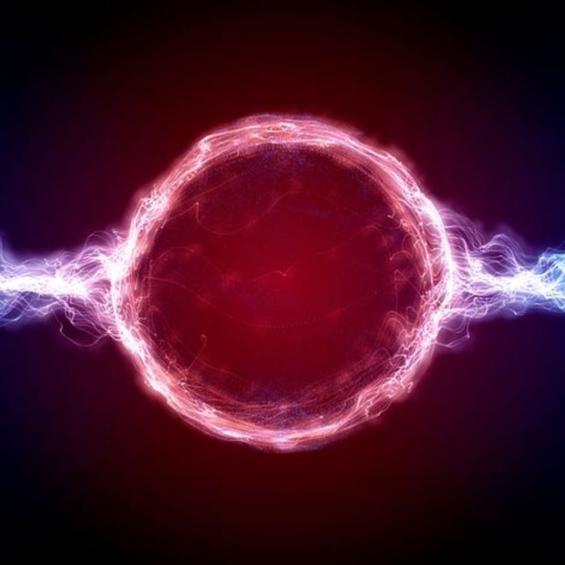
01 Feb. 2022
Burning plasma achieved in inertial fusion
A burning plasma has been recently achieved at the National Ignition Facility in the US: a paper in the Figaro magazine on 28/01/2022 could be read here (in french only). On the same subject, listen to the podcast of the 7pm radio news programme of France...
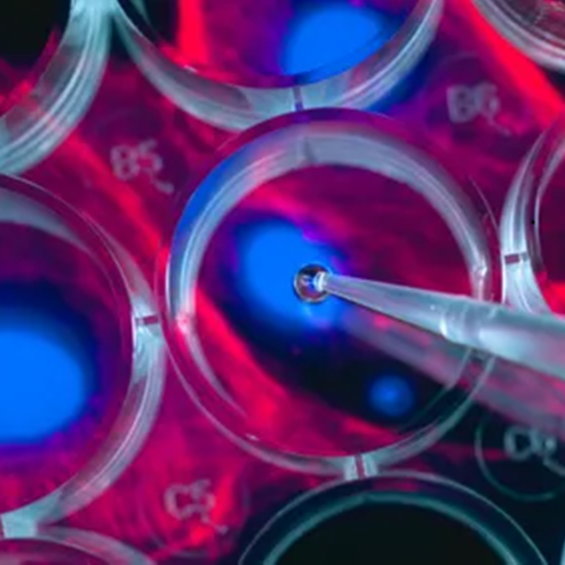
08 Dec. 2021
Cosmos in the lab
Listen to the podcast of La Méthode scientifique by Antoine Beauchamp and Nicolas Martin on the France Culture website.
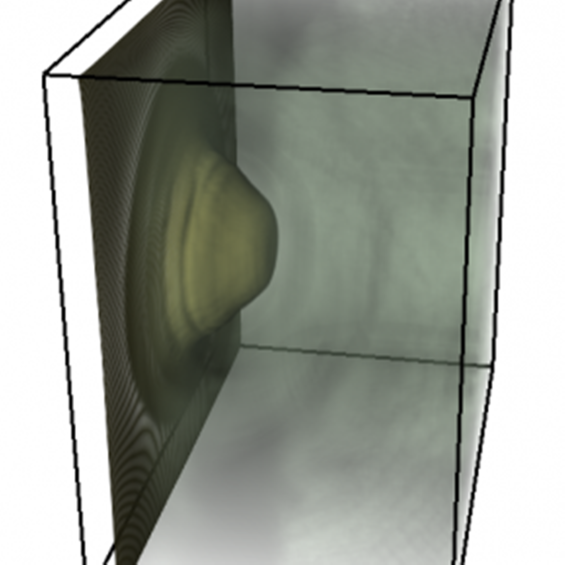
12 Oct. 2021
Understanding cosmic ray generation in the lab
By combining high-power lasers and intense magnetic fields, researchers succeeded for the first time in demonstrating particle acceleration during the interaction of a collisionless shock wave with a magnetized ambient medium. Reference Laboratory...




